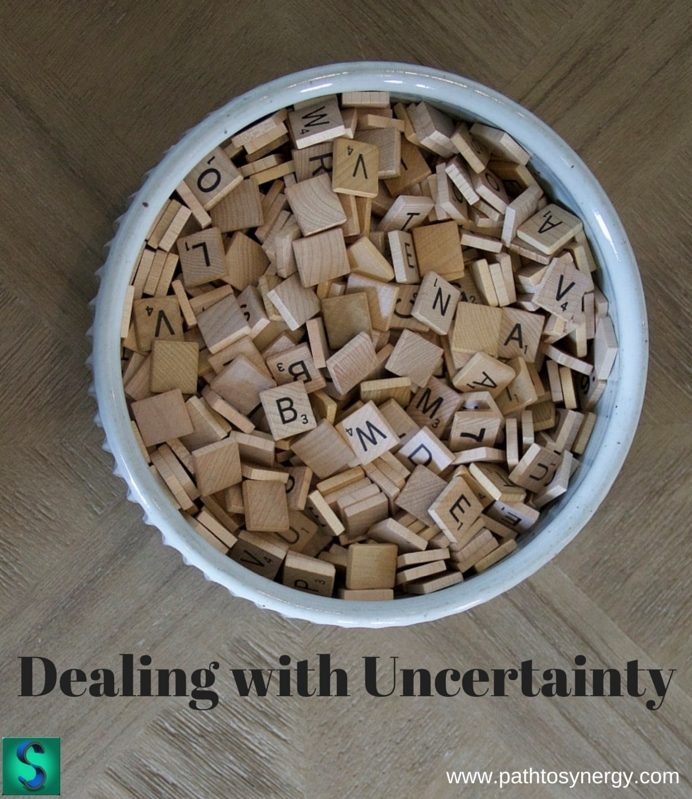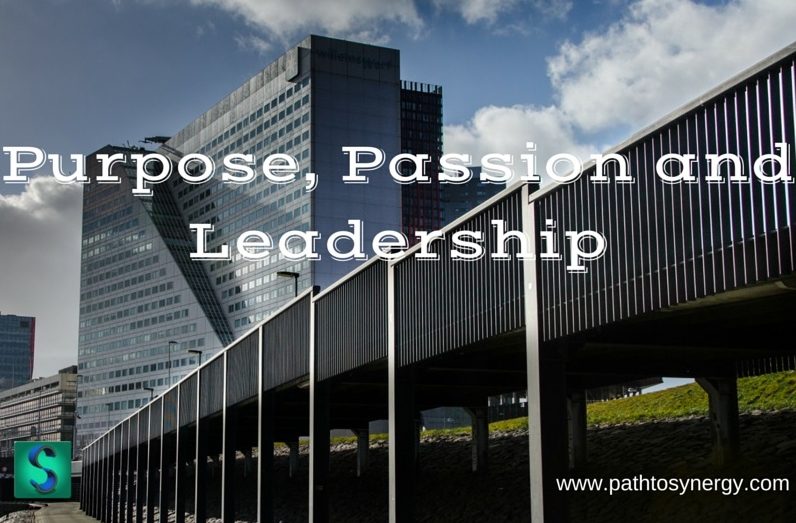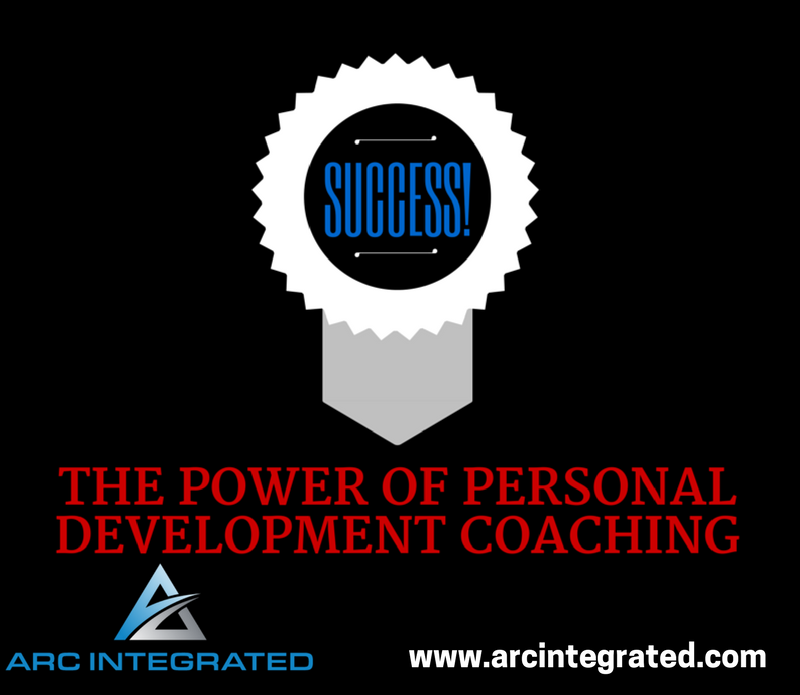Dealing with Uncertainty

How to deal with uncertainty and move on from being stuck. Five strategies discussed to improve decision making speed and process.
Purpose, Passion and Leadership

I was recently with a client and we were discussing coping methods. Coping methods are ways to deal with challenges that we face as well as ways we can help to reduce troublesome symptoms we are dealing with. There are many traditional coping strategies – breathing techniques, exercise, meditation, walking, art, distraction methods, spending time […]
The 100 Day Intention Experiment – Part 2

I recently finished an experiment on intention that I had started about three months ago. My intention was to complete 100 days of a regular morning routine. To see some details read The 100 Day Intention Experiment – Part 1. I had been in an accident that gave me some new perspective about how focused […]
The Power of Personal Development Coaching

I was inspired by a good friend who asked me once – “Why would someone hire a coach?” My thinking is that personal development coaching is relevant to any type of coaching. It’s relevant because exploring our beliefs, behaviors, aspirations and expectations are reflected in our career, relationships or any change we are seeking. These […]